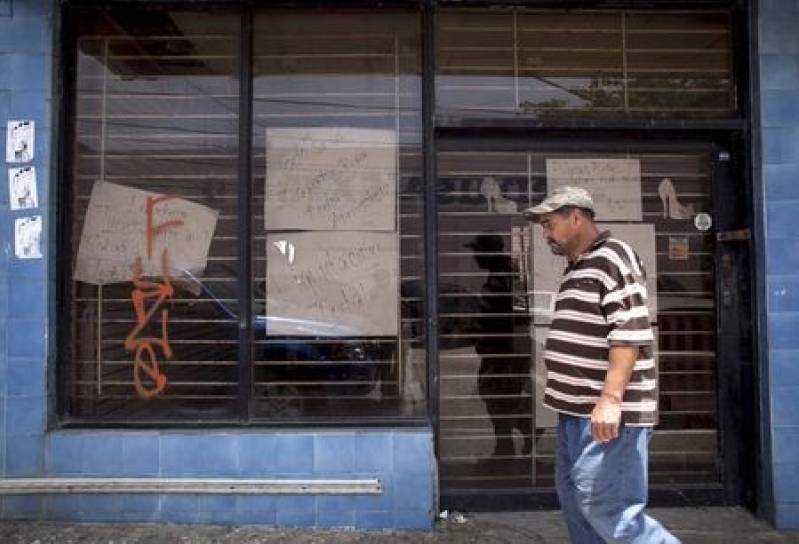
U.S. Treasury Secretary counselor Antonio Weiss warned that Puerto Rico faces a humanitarian crisis without federal action, as he appealed to Congress to help the debt-ridden U.S. territory, in comments to a Senate committee hearing on Thursday.
Puerto Rico, a U.S. territory home to 3.5 million, is buckling under $72 billion in debt and a 45 percent poverty rate. With financial creditors resisting reductions to debt payments and political gridlock threatening proposed spending reforms, some Puerto Rican leaders have called on the U.S. government to step in.
Weiss said that without action by Congress, Puerto Rico's crisis would escalate and reiterated that the Obama administration's policies were "not a bailout" for the island.
He repeated the key points of a plan released by the Treasury on Wednesday, saying Congress should provide tools for Puerto Rico to restructure its liabilities, increase Medicaid support and boost economic growth through tax credits.
A key element of Treasury's proposal is its endorsement of extending bankruptcy protections not only to Puerto Rico's public agencies, but to the island's government itself - a notion championed by some Puerto Rican leaders but seen as too radical to be politically practical.
Cities, towns and municipal agencies can file for under the U.S. Chapter 9 bankruptcy code, while states cannot. Puerto Rico is exempt from Chapter 9 because it is a commonwealth.
"Bankruptcy is not a bailout," Weiss said, according to testimony released ahead of his remarks. "Allowing Puerto Rico to resolve its liabilities under the supervision of a bankruptcy court involves no federal financial assistance whatsoever. Instead, bankruptcy requires shared sacrifice from both Puerto Rico and its creditors."






